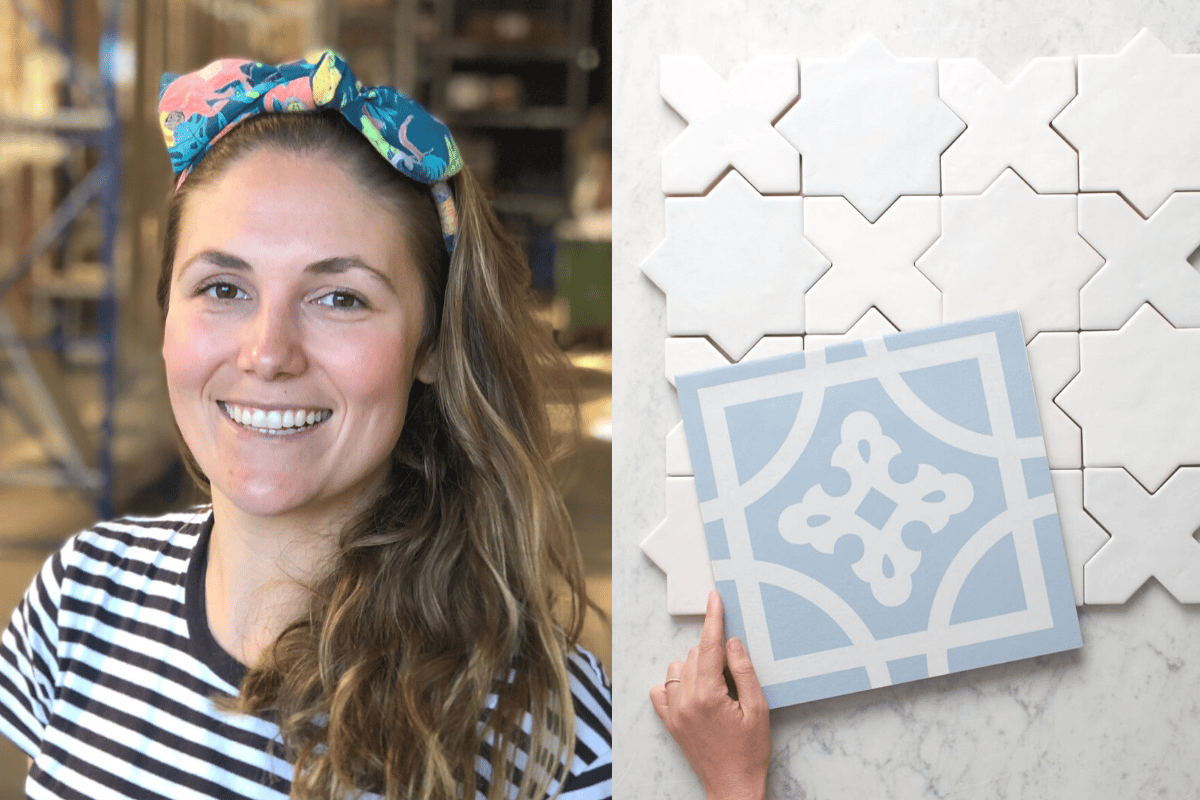

When it comes to tiles, I know my stuff.
I’m Floss, I’m 30 and I live in Sydney with my husband and our labradoodle. I’m the Co-founder and Head of Creative at TileCloud, an online store for tiles.
Basically, it's tile shopping simplified, hassle-free sampling and we deliver everything to our customers’ door. Most of them we find are renovators who can now design their dream bathroom from their office desk, while they binge Netflix or when they are waiting for their morning coffee. We try and make it as easy as we can for them to bring it all to life, in a nutshell.
My co-founders and I started the business in 2017. My partners both have a background in construction while I studied design at University and then worked for the Australian design company Mud Australia.
When we started I was the only full-time employee and my desk was in a communal kitchen (I have to laugh about this now).
Now I'm so proud to say we have a team of 16, and we’re on to our third warehouse. In October last year, we also opened our flagship showroom in Sydney.
 Meet the TileCloud team. Image: Supplied.
Meet the TileCloud team. Image: Supplied.

Top Comments